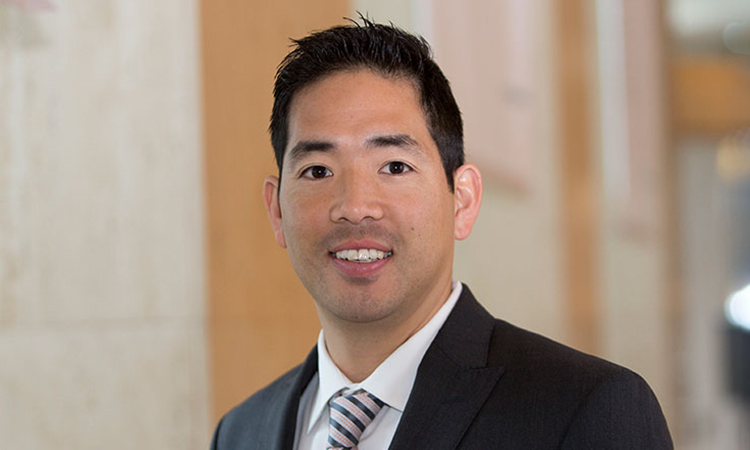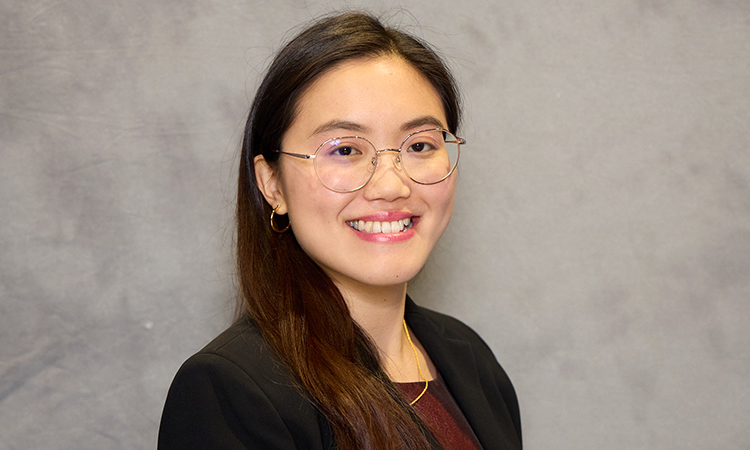Researchers have shed light on the contrast between clinical trial success and real-world challenges in administering immunotherapy to esophageal cancer patients. A retrospective cohort study, conducted within the Kaiser Permanente system, revealed that despite promising clinical trial outcomes, most patients faced obstacles preventing the completion of immunotherapy treatments.
Jeffrey B. Velotta, MD, FACS, Kaiser Permanente School of Medicine (KPSOM) Professor at Clinical Science, coauthored the study, titled “Adjuvant Immunotherapy in Curative Intent Esophageal Cancer Resection Patients: Real-World Experience within an Integrated Health System,” which was recently published in the medical journal, Cancers.
Esophageal cancer, with its low survival rates, prompts intensive exploration into adjuvant immunotherapy. The real-world study spanning 2017 to 2021 revealed only 18 percent of patients completed immunotherapy treatment, with the majority halting due to disease progression or side effects.



